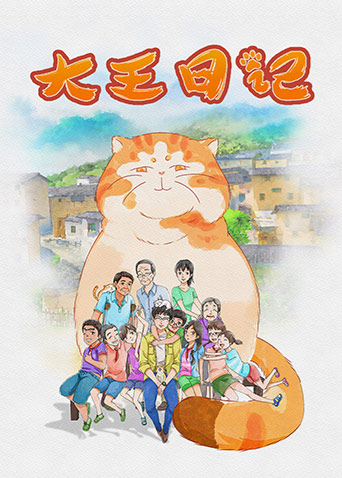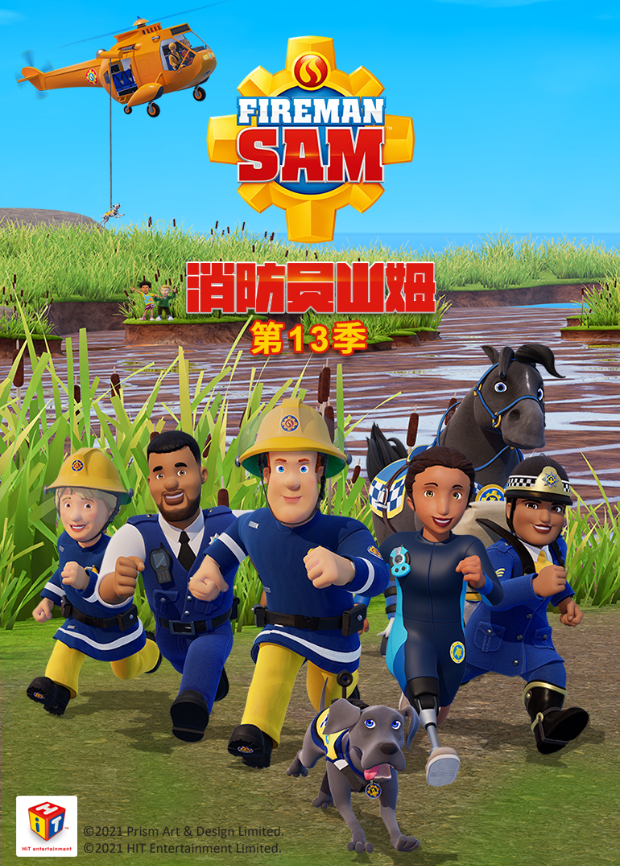 辛晓琪
辛晓琪
发表于4分钟前回复 :亚历山大·达亚尔·德·渥姆斯高大英俊,是一位很受女性欢迎喜爱、充满魅力的男子,捎带着他也是启蒙运动之国-法国的外交部长。他有着银色浓密的鬓发、运动员般的体魄、略为黝黑的肤色,从纽约联合国的讲台到中非战争一触即发的乌邦加地区,他的身影无处不在。在这些地方,他责问当权者、恳求伟人们,以带来和平、让那些好战者的神经平静下来,这些都证明了他头上那诺贝尔宇宙和平奖的光环。亚历山大·达亚尔·德·渥姆斯有着强大及随时准备战斗的头脑,遵从外交手段的圣三一原则:合法、明智及效率。他与新保守主义的美国人、腐败的俄国人及贪婪的中国人周旋。尽管世界配不上法国精神的伟大,但法国的精神艺术却感到被紧紧封闭在自己国内。年轻的法国国家行政学院毕业生亚瑟·弗拉曼克受聘外交部,负责外交部长的“发言”。就是说,他要为外交部长的讲话撰写发言稿!但他是否还需学会小心谨慎地写作及处理与部长周围工作人员的关系,在办公室主任与各位在外交部转来转去的顾问之间找到自己的位置,在这里,压力、野心和肮脏的把戏屡见不鲜......他在这里瞥见世界的命运,然而却也受到高级专家官员们官僚惰性的威胁。[by.沪江法语] Quai d'Orsay,这里用了时光网的翻译,作《奥赛站台》,其实是巴黎沿着塞纳河的一条路名,中文直译为:奥赛河岸。法国外交部位于这条路上,因而常指法国外交部。
 具俊烨
具俊烨
发表于3分钟前回复 :Siddartha (Dhritiman Chatterjee) is forced to discontinue his medical studies due to unexpected and brutal death of his father. He has to now find a job in stead. In one job interview, he is asked to name the most significant world event in the last ten years. His reply is 'the plain human courage shown by the people of Vietnam', instead of the expected - man landing on moon. The interviewer asks is he is a communist. Needles to say that he does not get the job.He reaches a coffee shop where he is offered to work for the communist party. When he does not show any interest the party leader tells him about an opening for a medical representative. To escape from the heat and have a snooze, he goes in to a cinema. As a government propaganda newsreel is being shown before the feature, a bomb explodes in the cinema hall. In the stampede that follows, Siddartha, breaks his watch. He goes to a watchmaker but he cannot afford the repairs.Waiting to cross the road, he notices a sexy girl. He drifts back to his days as a medical student in a flashback. The professor is explaining anatomy of female breast. Many flashbacks and dreams occur to Siddartha through the film.On his way to hostel, he has an encounter with some hippies. Along with an ex-classmate, he goes out to see a porn film but to their disappointment, the film turns out to be not-so-pornographic.In such constant wandering in a Calcutta, disintegrated relationships with his sister and a Naxalite (militant communist) brother, his friendship with Keya is only thing that keeps him sane.Keya is a simple girl. They enjoy each other's company but they cannot make any commitment to each other due to the circumstances.After yet another attempt at a job interview, Siddartha leaves the big city to take a modest job of a salesman in a far off small town. He writes to Keya that he still cherishes their relationship. And that he has heard that bird call again but this time it is for real, and not his mind. After completing the letter, he comes out to the balcony of his modest room. The bird calls again. He also hears the sombre chants of a funeral procession. As he turns to the camera, the picture is frozen.This is the first film of the Calcutta Trilogy. The other two were and Seemabaddha (Company Limited, 1971) and Jana Aranya (The Middle Man, 1975). All the three films study the effect the big city of Calcutta has on the educated youth and the price it extracts from them.The seventies were a difficult period for India and West Bengal. The Corruption was rampant; the Naxalite movement had created havoc in Calcutta. In fact, they had turned parts of Calcutta into 'liberated zones'. By the time the Naxalite movement died down, in 1975, Mrs. Indira Gandhi (then, Prime Minister of India) suppressed the fundamental rights and declared "Emergency" for her own political survival. Her son, Sanjay Gandhi became a dictator of sorts without any official designation. The opposition leaders were thrown into prisons.About his social responsibilities as a filmmaker, in an interview with Cineaste magazine, Ray commented, "You can see my attitude in The Adversary where you have two brothers. The younger brother is a Naxalite. There is no doubt that the elder brother admires the younger brother for his bravery and convictions. The film is not ambiguous about that. As a filmmaker, however, I was more interested in the elder brother because he is the vacillating character. As a psychological entity, as a human being with doubts, he is a more interesting character to me. The younger brother has already identified himself with a cause. That makes him part of a total attitude and makes him unimportant. The Naxalite movement takes over. He, as a person, becomes insignificant."In a letter to Seton in 1970, Ray wrote that Pratidwandi was the most provocative film he had made till then. The film is said to have evoked extreme reactions. "People either loved the film or hated it", Dhritiman Chatterjee told Andrew Robinson, Ray's biographer.

